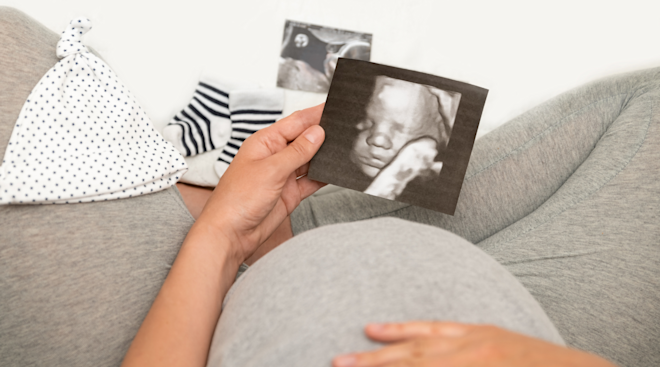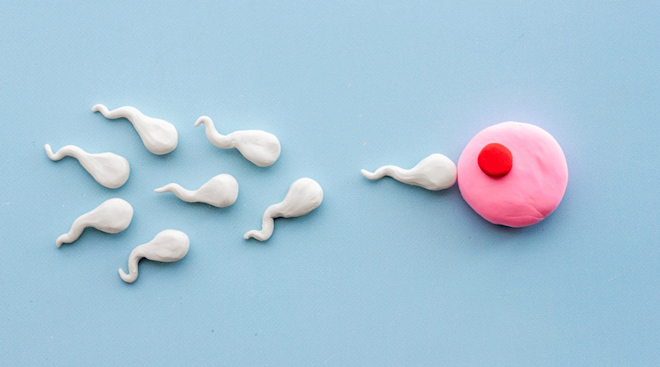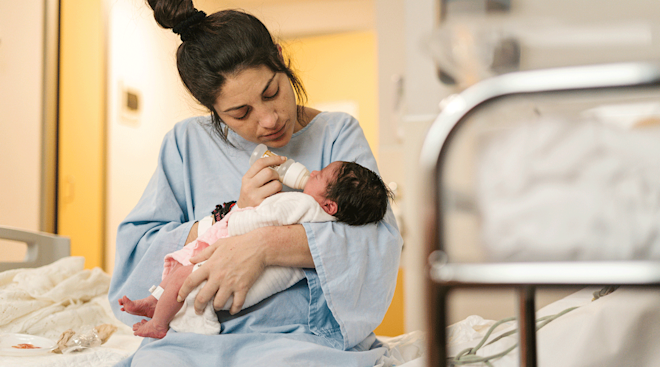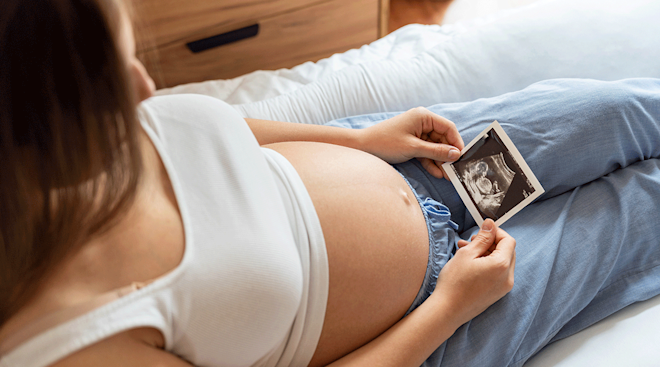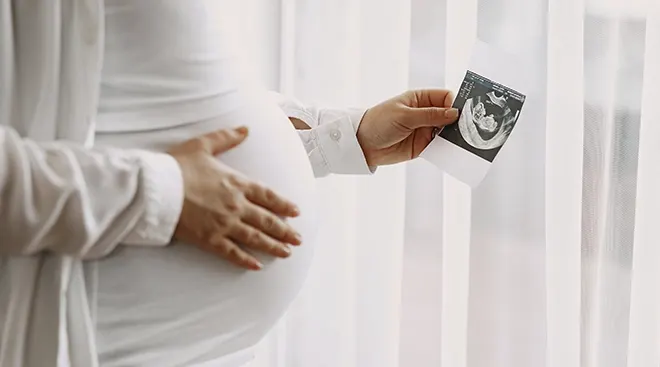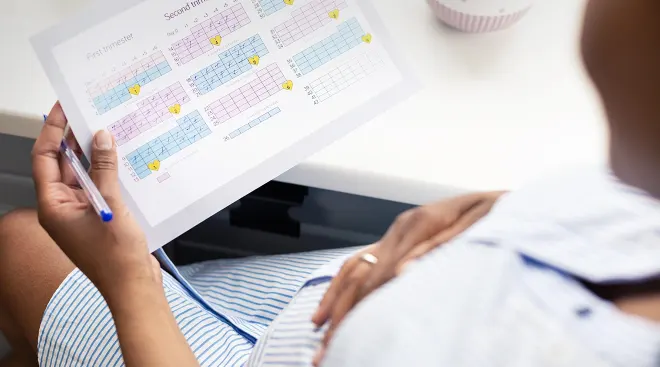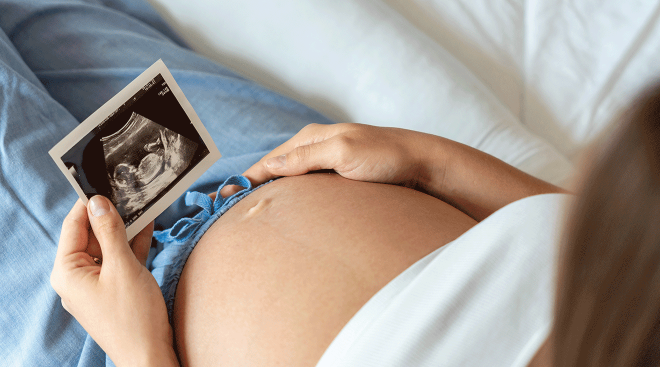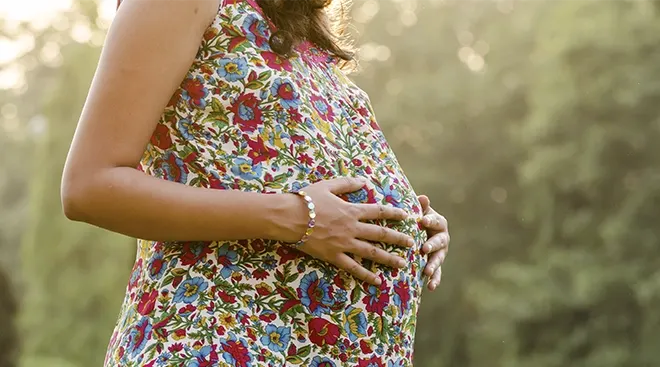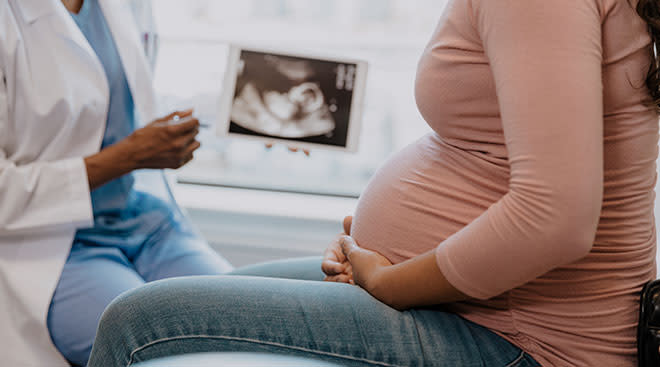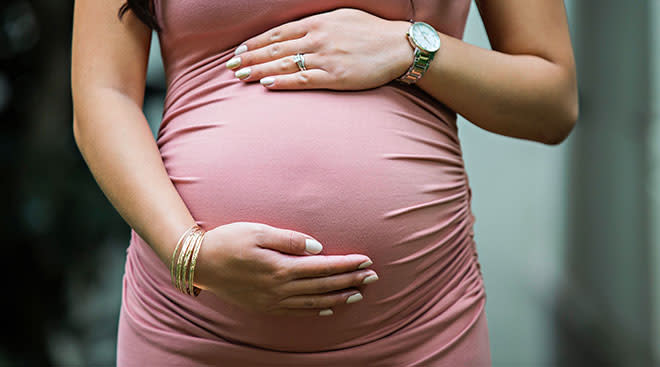This Common Pregnancy Condition Could Up Baby’s Risk of Autism or ADHD
Anemia, a condition where you have too few red blood cells to carry oxygen from your lungs to the rest of your blood, is sometimes written off as no big deal during pregnancy because it’s fairly common. In fact, about 20 percent of expectant mothers get it. But a new study underscores why you should still take the diagnosis seriously: If left unchecked, anemia during pregnancy could increase the chance of having a child with autism, ADHD or an intellectual disability.
In a first-of-its-kind report published in JAMA Psychiatry, researchers at the Karolinska Institute in Stockholm, Sweden analyzed more than 500,000 children and their mothers and determined that women who are anemic during pregnancy are at more than double the risk for giving birth to a child with an intellectual disability, have a 44 percent higher chance of having a child with autism, and a 37 percent increased chance of their child getting diagnosed with ADHD.
“It’s particularly intellectual disability that stands out as having the strongest association,” study leader Renee Gardner, an assistant professor of public health sciences at the Karolinska Institute, said in a statement. She later added that the connection between anemia and these conditions “makes a lot of sense biologically. The brain uses a lot of energy and oxygen. If you can’t transport enough oxygen, the brain can’t function as well.”
The good news is that the overall risk of a mom’s anemia actually causing one of these three conditions is still extremely low. Less than 1 percent of the women in the study had anemia before the 31st week of pregnancy, and only about 5 percent of their children have autism compared with about 3.5 percent of children born to women without anemia.
Still, the findings underscore the importance of testing women who are pregnant or hoping to become pregnant for anemia, which usually happens as part of your initial pregnancy blood work—especially since you may not notice any symptoms early on, though fatigue, weakness, dizziness, chest pain, and irritability are sometimes experienced as the condition worsens.
The best thing you can do to prevent anemia is to make sure you’re getting plenty of iron. Dried fruits, oatmeal, spinach, broccoli and dark-meat poultry are all good sources for getting the daily recommended dose of 27 mg for pregnant women. And if you get tested and the results are positive, don’t fret. Your doctor can likely prescribe an iron supplement or work with you to come up with another treatment plan depending on what type of anemia you have.
Please note: The Bump and the materials and information it contains are not intended to, and do not constitute, medical or other health advice or diagnosis and should not be used as such. You should always consult with a qualified physician or health professional about your specific circumstances.
Navigate forward to interact with the calendar and select a date. Press the question mark key to get the keyboard shortcuts for changing dates.

































